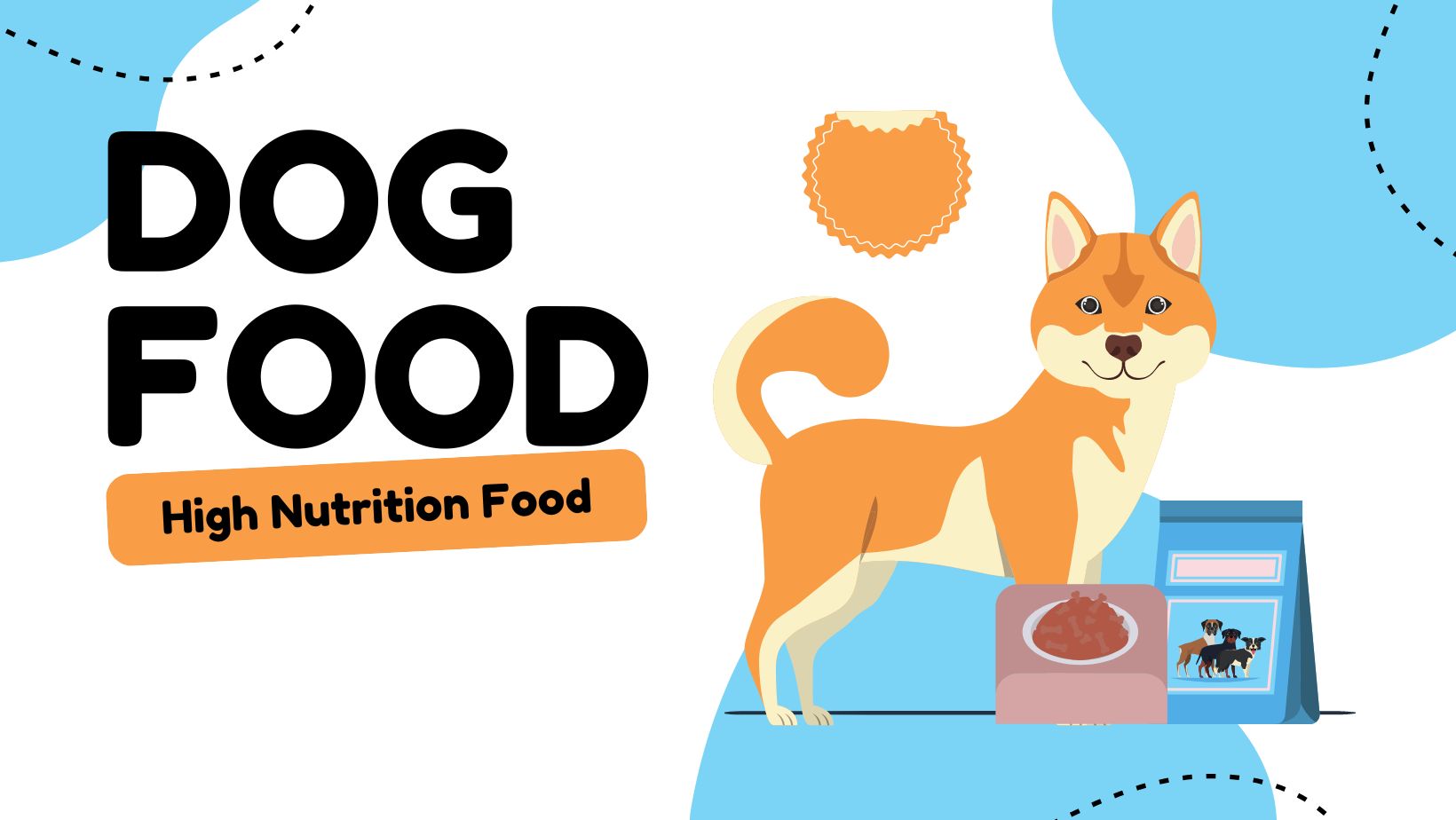Hundreds of microorganisms live inside your dog’s digestive tract. This collection of bacteria and microbes is known as the gut microbiome. Your dog’s microbiome affects weight, digestion, nutrient absorption, and even mental health.
An unbalanced microbiome can cause disorders like inflammatory bowel disease. To prevent disorders, you need to improve your dog’s gut health and digestion. We list ten tips for better digestive health for dogs.
10 Ways to Improve Dog Digestion
By following these tips, you’ll improve your dog’s gut health and digestion, which will improve overall health, regulate bowel movements, and create a happy dog.
1. Raw Food
Feeding your dog raw food can be a very healthy, nutrient-rich diet. But you need to be very careful if you choose to provide raw food to your dog because it can become contaminated easily. The FDA warns and offers tips to prepare raw food for dogs safely.
A study found that 98.7% of dog owners who fed their dogs’ raw food noticed that raw food improved their dogs’ health. Of these owners, bones or raw food were provided as part of the main meal to 16.2% of dogs.
So while feeding raw food to your dog can get very expensive. This study shows that you can supplement their regular diet with a portion of raw food and still reap the benefits.
2. Probiotics
Probiotics are healthy microbes that, when living in your dog’s gut, can covert fiber and plant-based sugars into vitamins and fatty acids that improve your dog’s biochemistry. Probiotics can also help fight off respiratory tract and urogenital infections.
While often found in meats and yogurts, probiotics are now being offered in many dog food supplements and toppers. These supplements make it easy to get your dog the healthy microbes it needs.
3. Fermented Food
Fermented foods improve the antioxidants in the food and build beneficial microorganisms in your dog’s gut. Fermented food supplements have high quantities of live microbes that can help with your dog’s digestion.
A study found that fermented turmeric, glasswort, and Ganghwa mugwort had a positive effect on boosting the immune system to decrease disease as well as extend the life of your dog. These foods are also known to have anti-inflammatory, antioxidant, and antimicrobial effects.
4. Prebiotics
Prebiotics, like fiber, help grow the population of microbes living in your dog’s gut. While many foods naturally have prebiotics, adding a prebiotic supplement to your dog’s diet can reduce inflammation and regulate bowel movements.
Be wary of prebiotics, though, because they can grow harmful bacteria if the bad bacteria already exist in your dog’s stomach. When introducing a prebiotic, it’s best to start gradually and see how your dog reacts.
Want to improve your pet’s skin, coat, joints, and digestion? Rogue Pet Science has an Origins 5 in 1 food topper that will enhance your dog’s gut health.
5. Use Herbs instead of Dewormers
Getting tapeworms, whipworms, or parasites is a common problem for dogs. Most vets recommend dewormers because they effectively get rid of the worms quickly. But many dewormers contain harmful ingredients that can severely disrupt your dog’s gut health and digestion.
More and more vets are recommending herbs to kill worms naturally. Some of the best herbs for worms are:
- Diatomaceous Earth (DE)
- Oregon Grape
- Chamomile
- Black Walnut
- Wormwood
6. Avoid Unnecessary Vaccines.
Research has found that all the core vaccines your dog gets as a puppy are sufficient to protect them for seven to fifteen years, which is more than most dogs’ lives. After this, any vaccination is extra and can cause digestive issues, lethargy, allergies, or even death.
7. Don’t Feed Human Food
This might be the most obvious tip on our list but also the hardest to enforce. Letting your dog clean up the dinner scraps will wreak havoc on their stomach, digestion, and overall health. Pets that only eat dog food consistently have better body condition scores.
8. Pay Attention To Ingredients
When buying food for your dog, you want to look for food that contain high-quality ingredients. To improve gut health for dogs, look for:
- High meat protein
- Animal fat
- Yucca
- Prebiotics
- Tumeraid
- Tumeric
- Fenugreek
All of these have been proven to help with digestion. Remember to check your labels before buying your dog food and make sure meat is the first ingredient on the list.
9. Go Grain-Free
More and more dog foods are moving toward being grain-free. While dog food with grain isn’t necessarily bad, it doesn’t contribute to better digestion. Some grains can cause dogs to have allergies or lack nutritional value that a higher protein dog food can provide.
10. Reduce Stress
Dogs who struggle with anxiety often feel stress and will manifest it by chewing on things, licking their paws, or acting out in a destructive manner. Stress affects not only their behavior but their gut health as well. An upset stomach can also cause pain and anxiety, which creates a vicious cycle for your dog.
